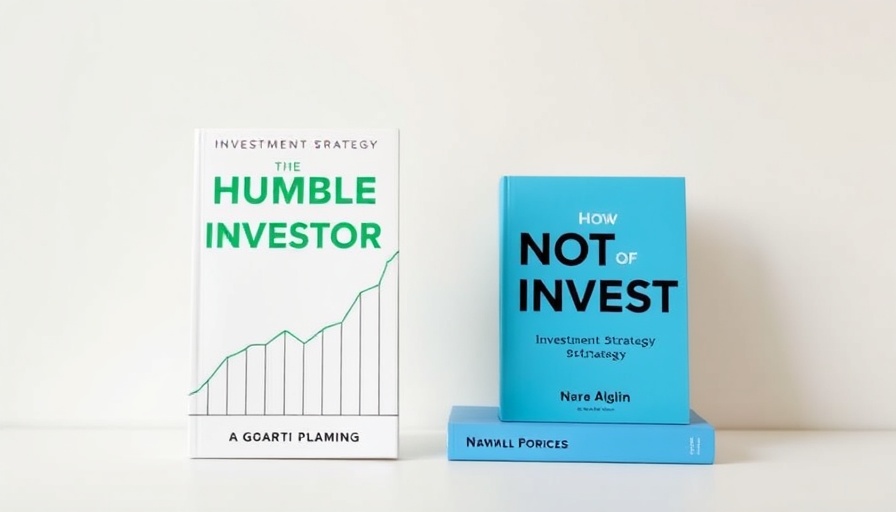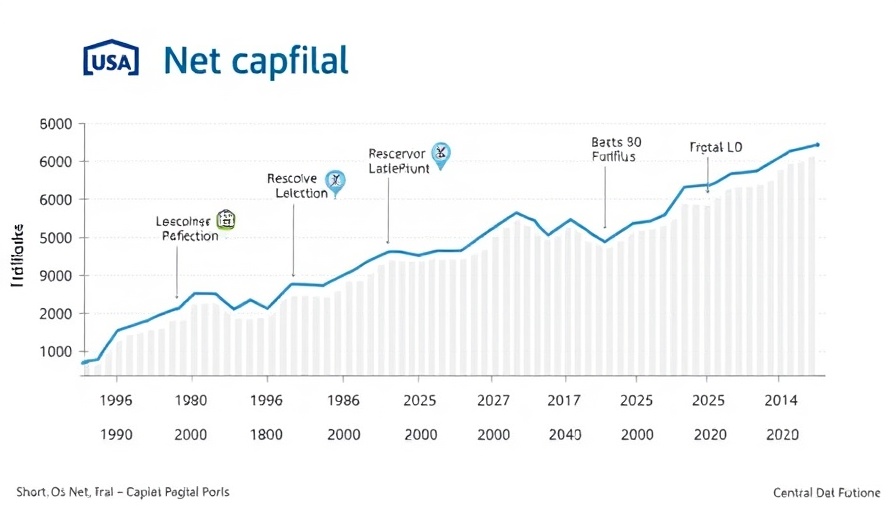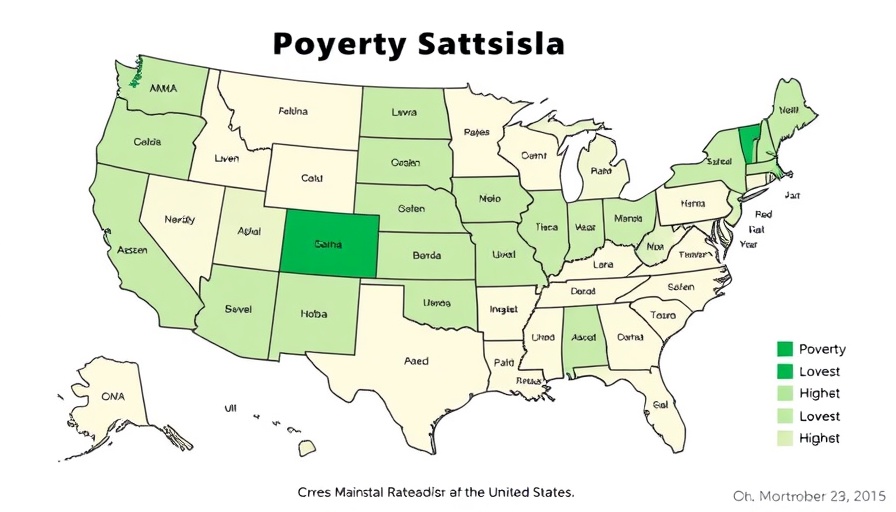
Understanding the Landscape of Personal Finance
Investment literature is vast, but few works resonate as deeply as Daniel Rasmussen’s “The Humble Investor” and Barry Ritholtz’s “How Not to Invest.” Recently highlighted in a Wall Street Journal review, these books bring a refreshing perspective to personal finance, especially for Philadelphia’s top wage earners.
Lessons from the Review: Avoiding Investment Pitfalls
The essence of Ritholtz's writing captures a critical theme: the importance of skepticism in a world bombarded by financial advice. As he echoes a quote from Charlie Munger, “It’s remarkable how much long-term advantage people like us have gotten by trying to be consistently not stupid…”, he emphasizes that the key to financial success doesn't lie solely in aggressive strategies but rather in simple, sound decisions.
The Danger of Outsourcing Thought
One of Ritholtz's striking arguments revolves around the pitfalls of outsourcing one’s own thinking to financial pundits. Just like one might worry excessively about rare disasters, ignoring more probable risks can lead to irrational decision-making in investments. Rather than fixating on market crashes, he advocates for a diversified portfolio consisting of low-cost index funds, adhering to the ideology of risk management by acknowledging the probabilities of various outcomes.
Why Engaging with These Ideas Matters
For Philadelphia's affluent community, the insights from these reviews are particularly pertinent. With a backdrop of evolving economic challenges, understanding the mindset necessary to navigate investments can safeguard and potentially grow wealth. The advisory not only encourages diversification but also prompts readers to introspect about the insights they lend credence to.
Empowering Your Financial Decision-Making
Ritholtz’s entertaining blend of narrative storytelling across various fields illustrates his points effectively. It urges investors to question commonly touted advice and avoid the trappings of overconfidence often propagated by financial media. By engaging with these readings, top wage earners can not only make more informed choices but can also foster a more resilient understanding of wealth management.
As you navigate your financial future, consider the values embodied in both “The Humble Investor” and “How Not to Invest.” Embedding these principles into your investment strategy could prove invaluable.
 Add Row
Add Row  Add
Add 




Write A Comment